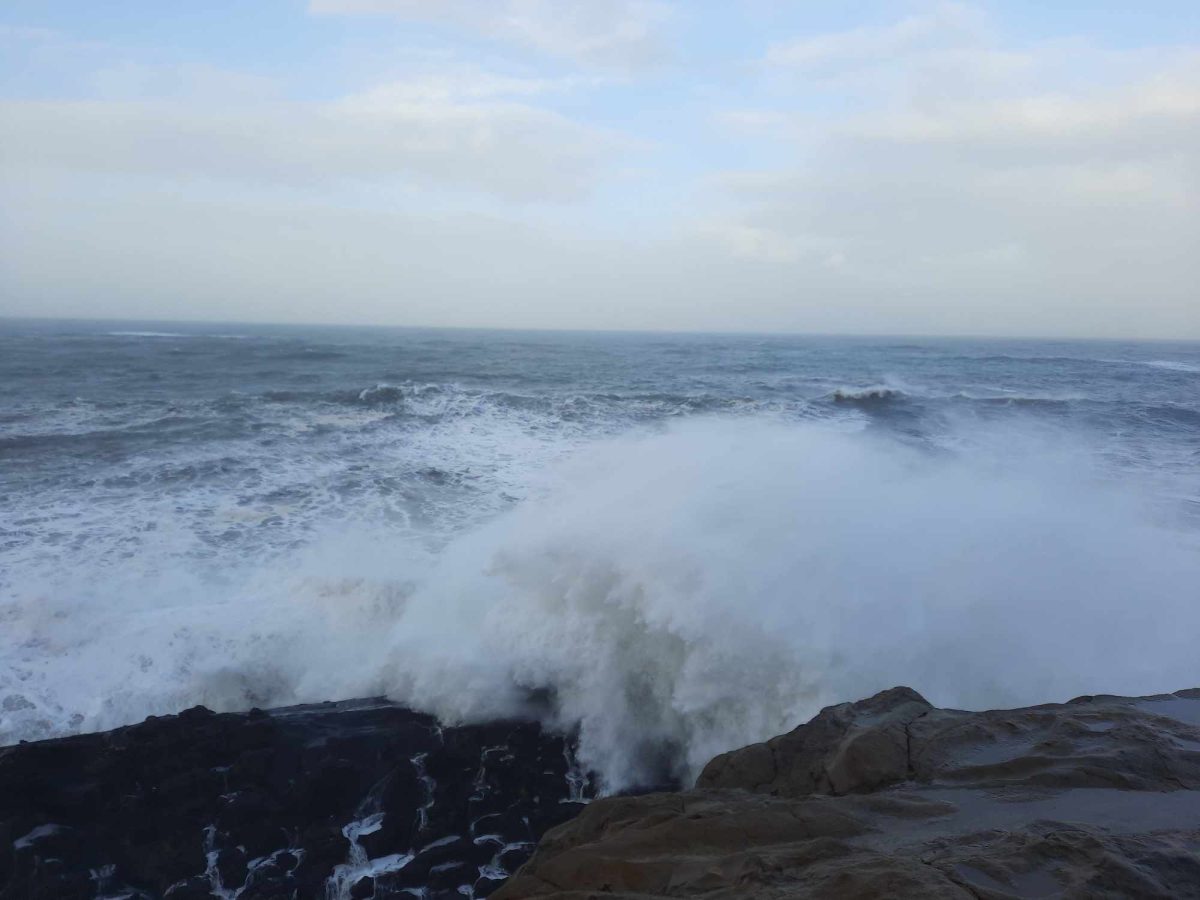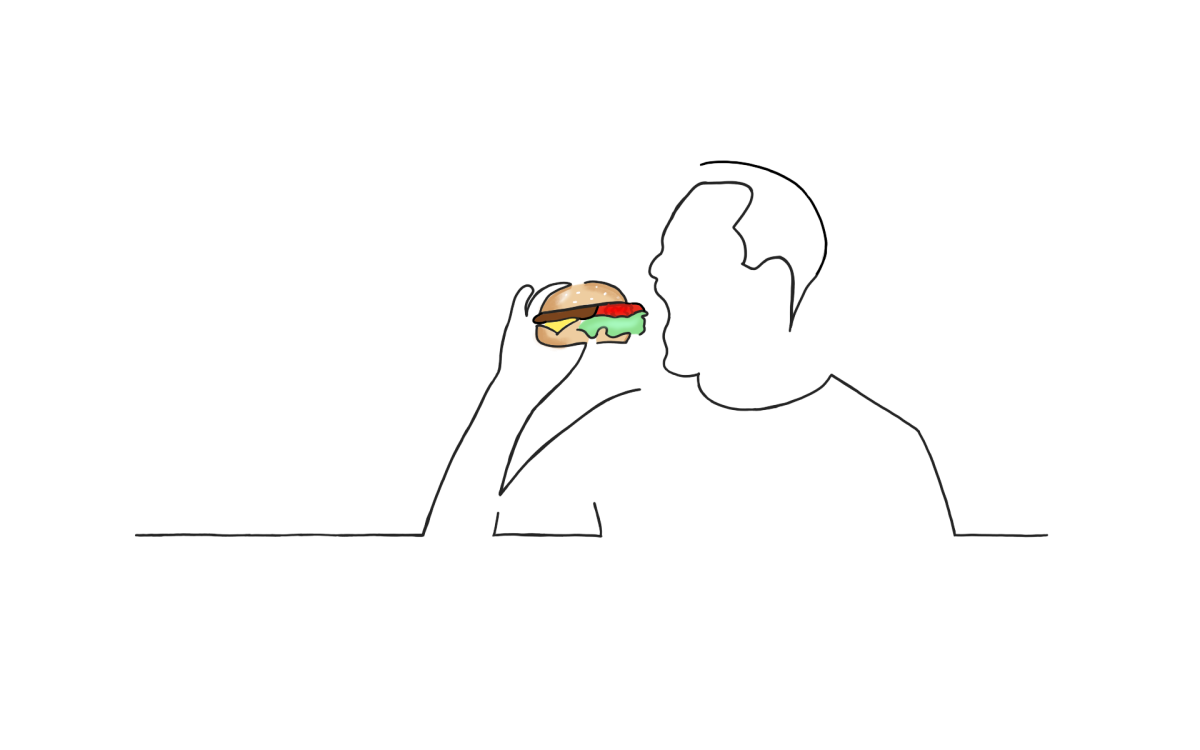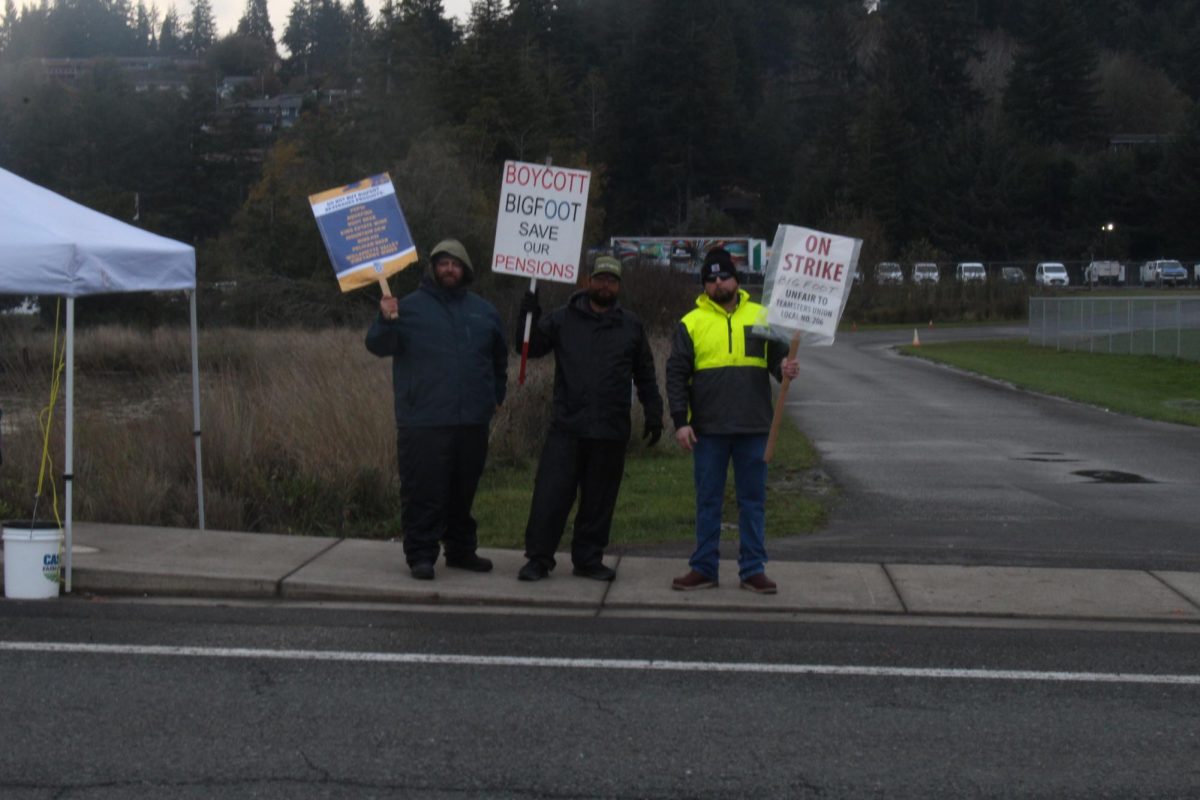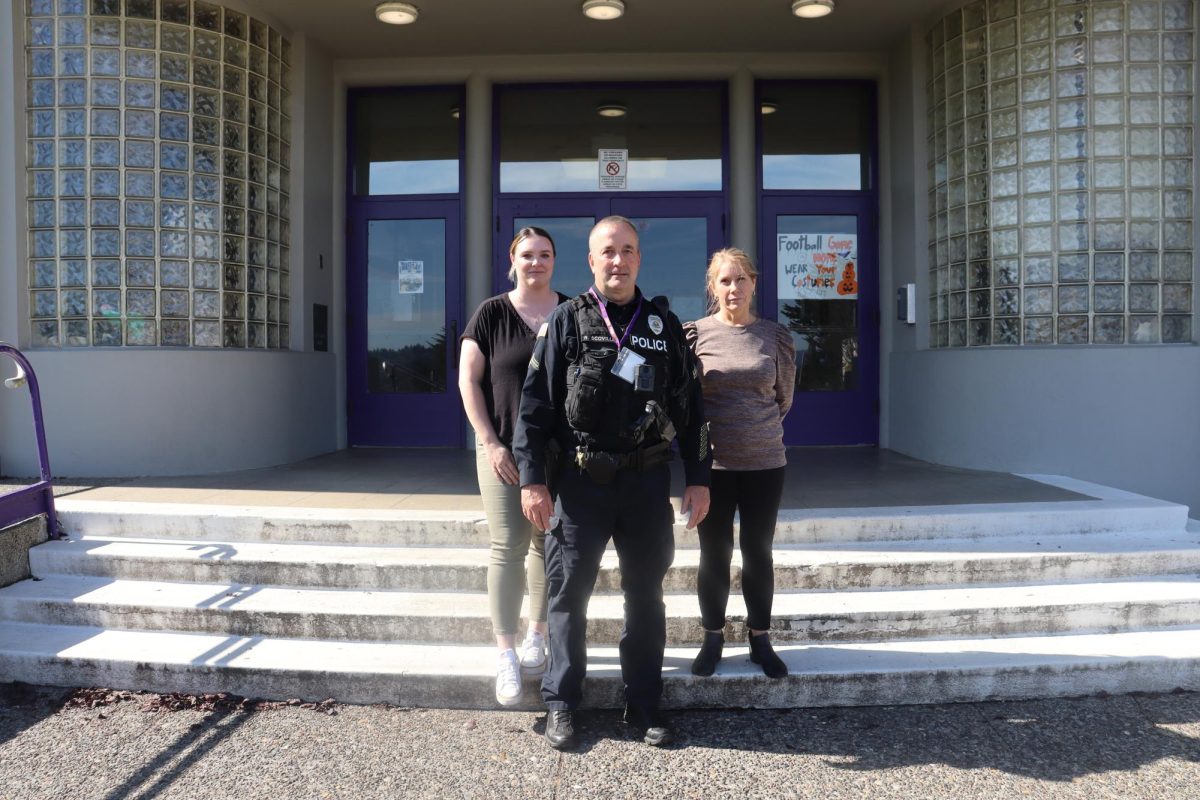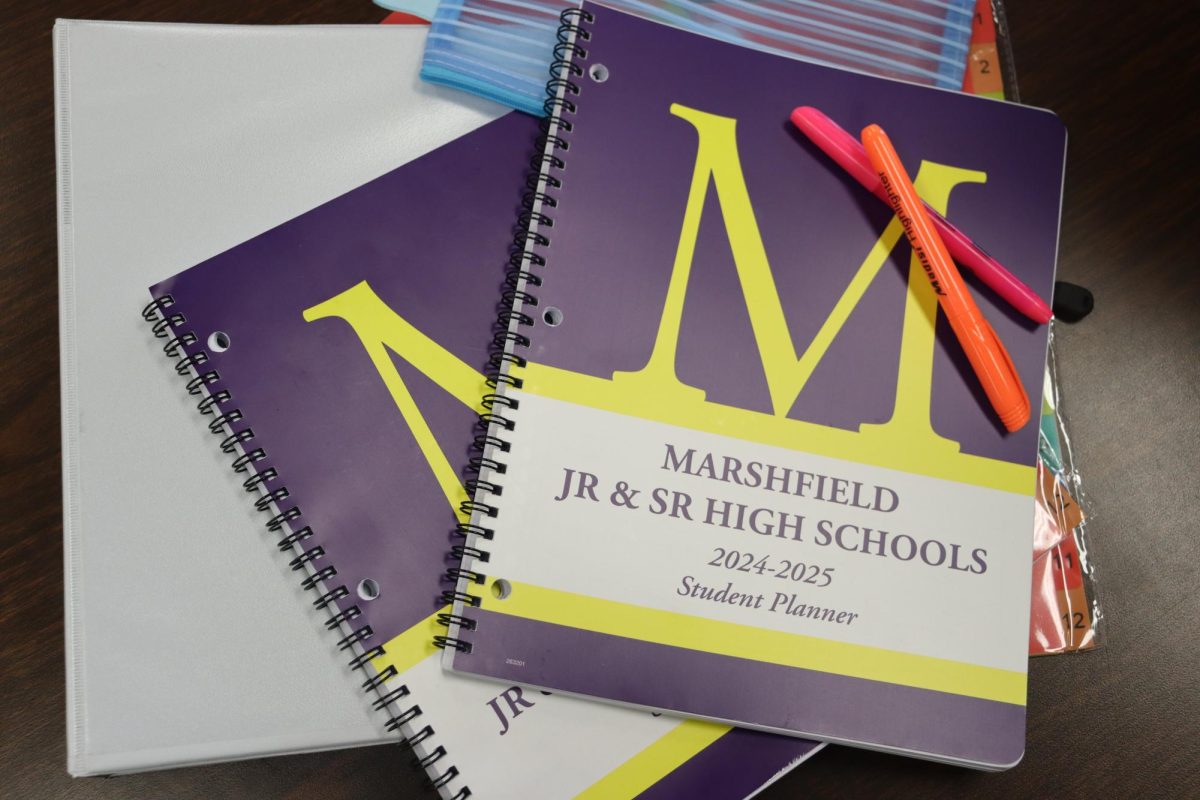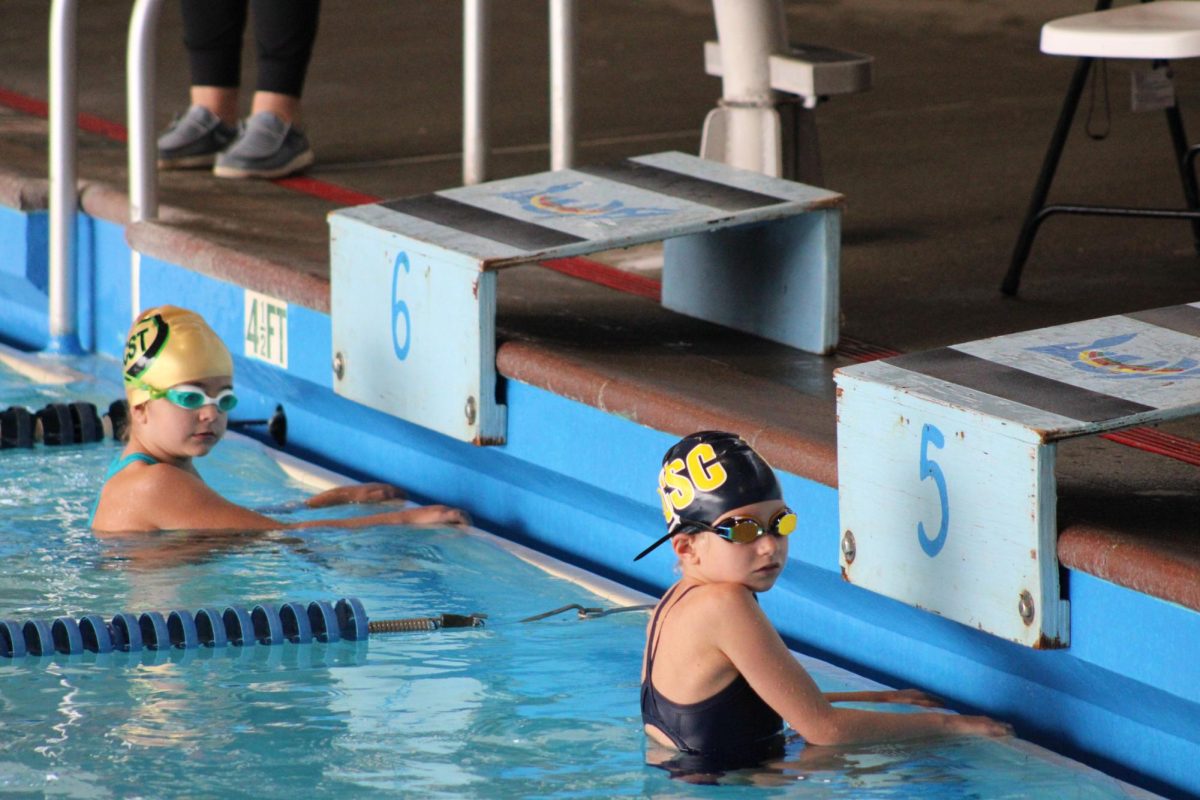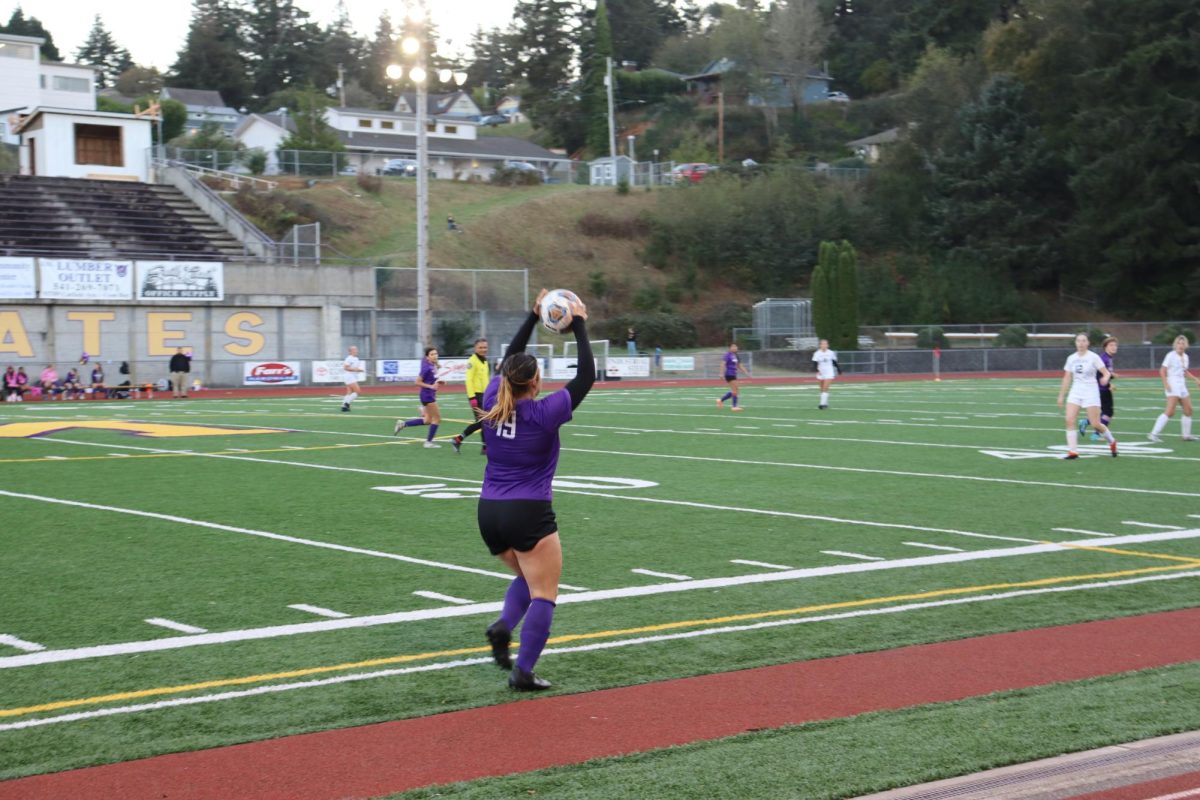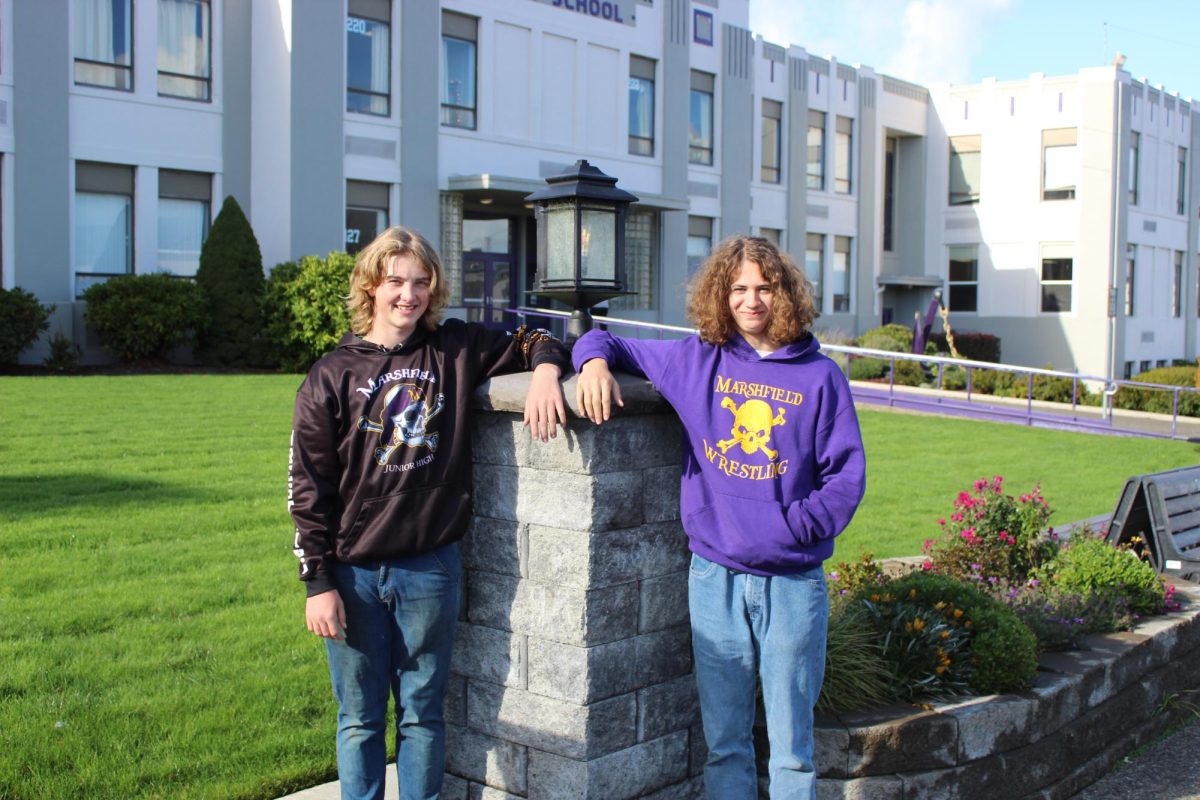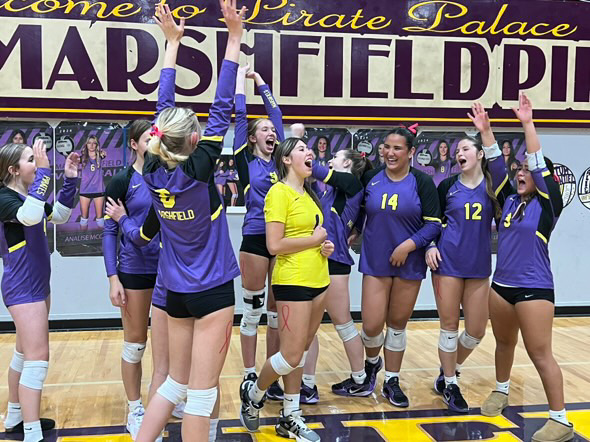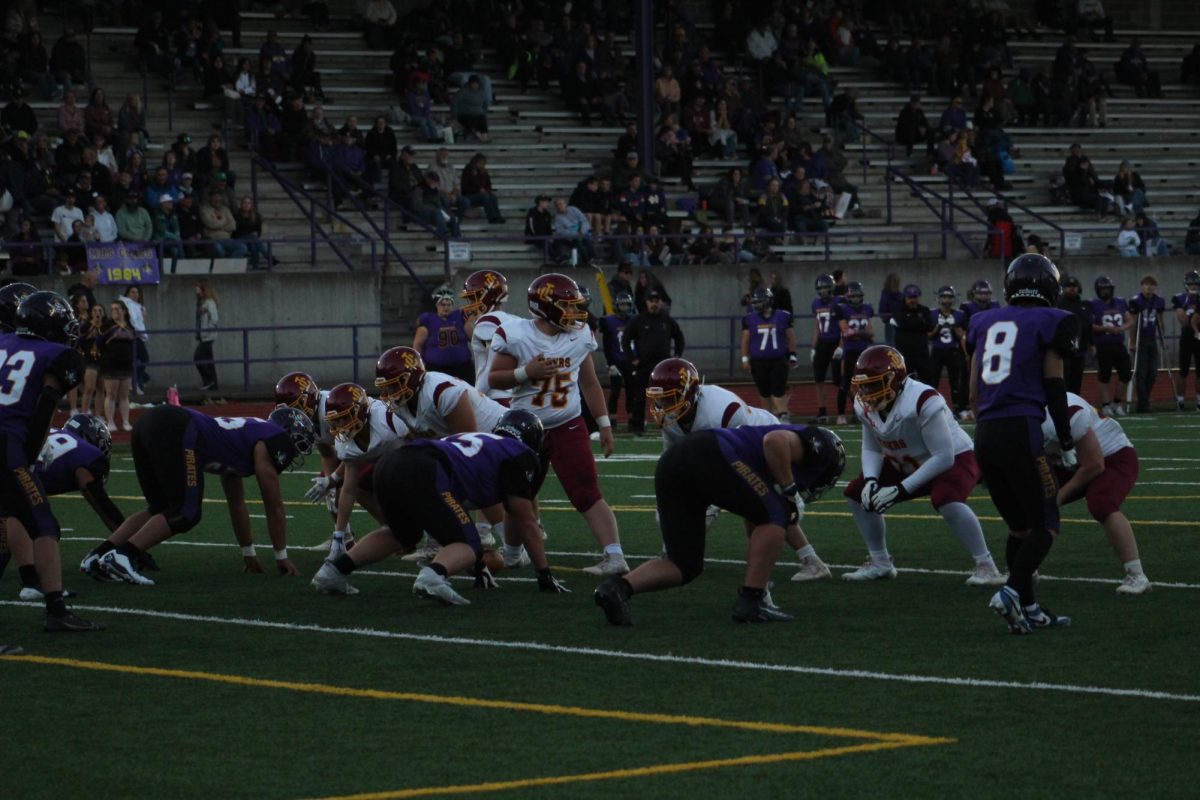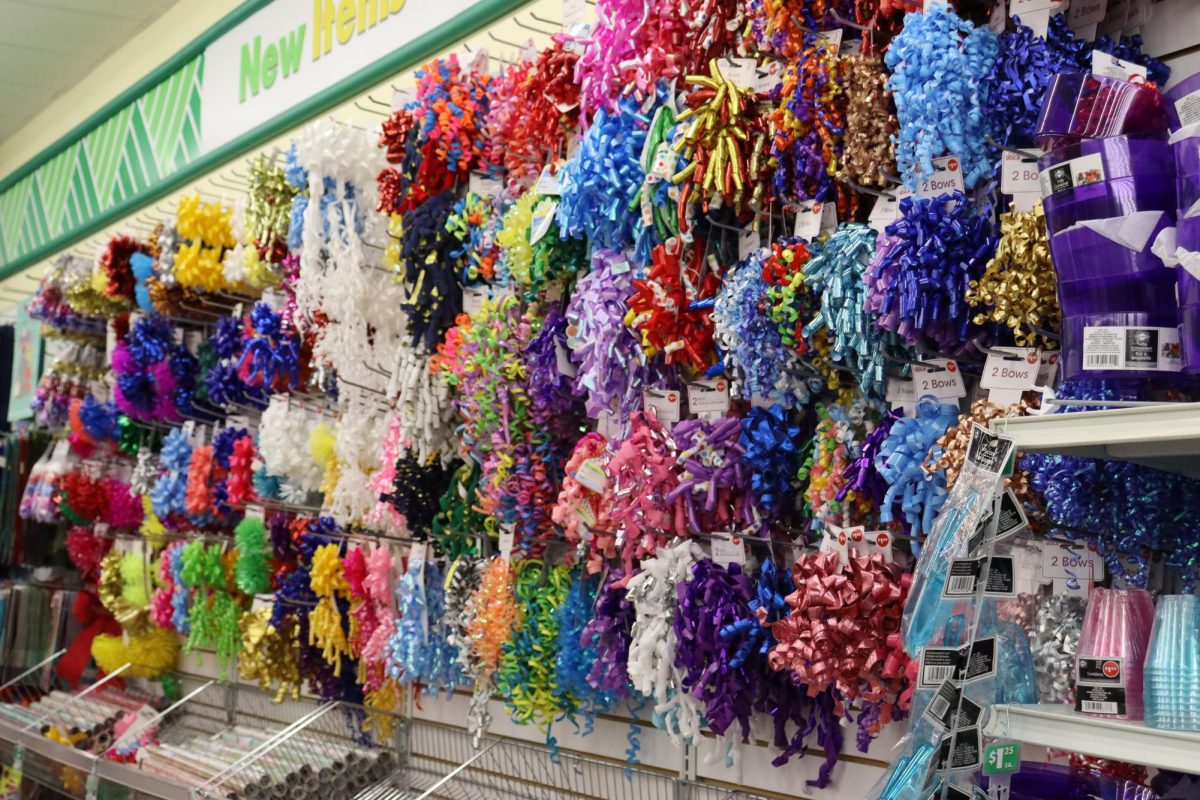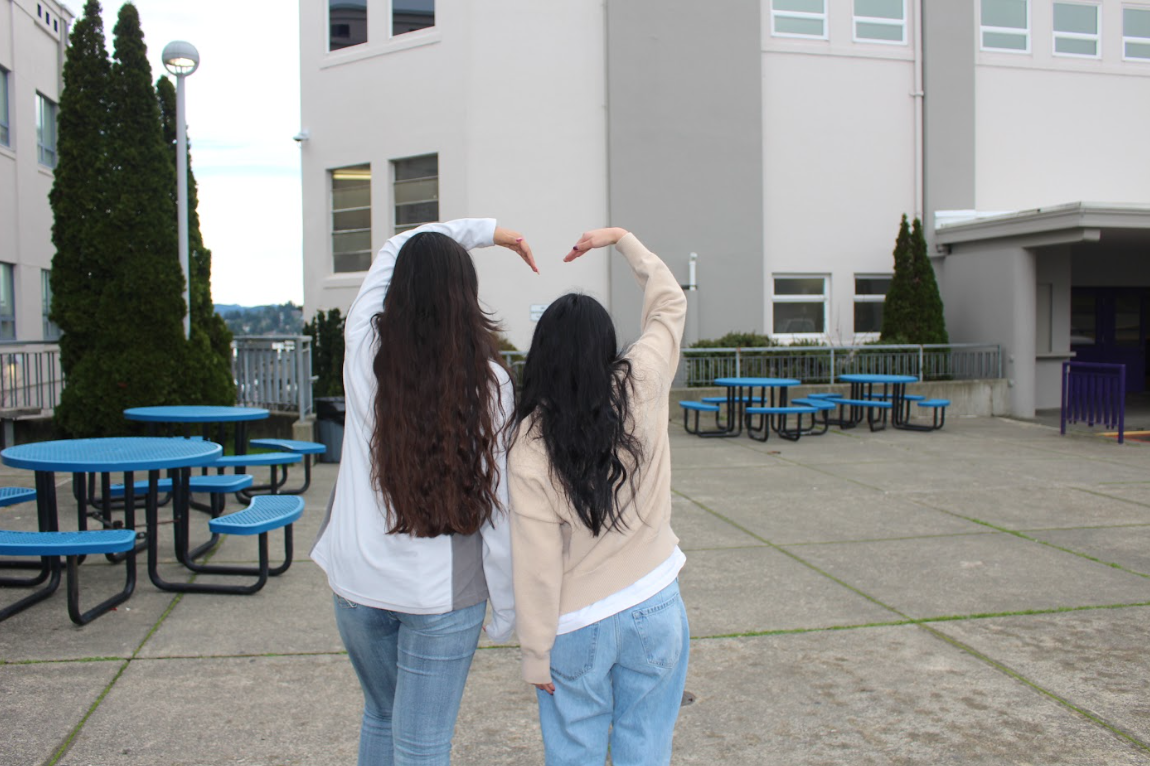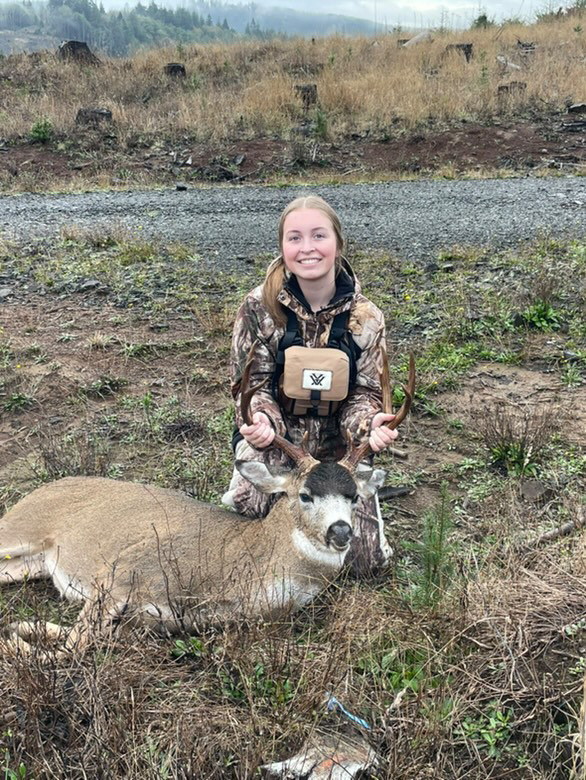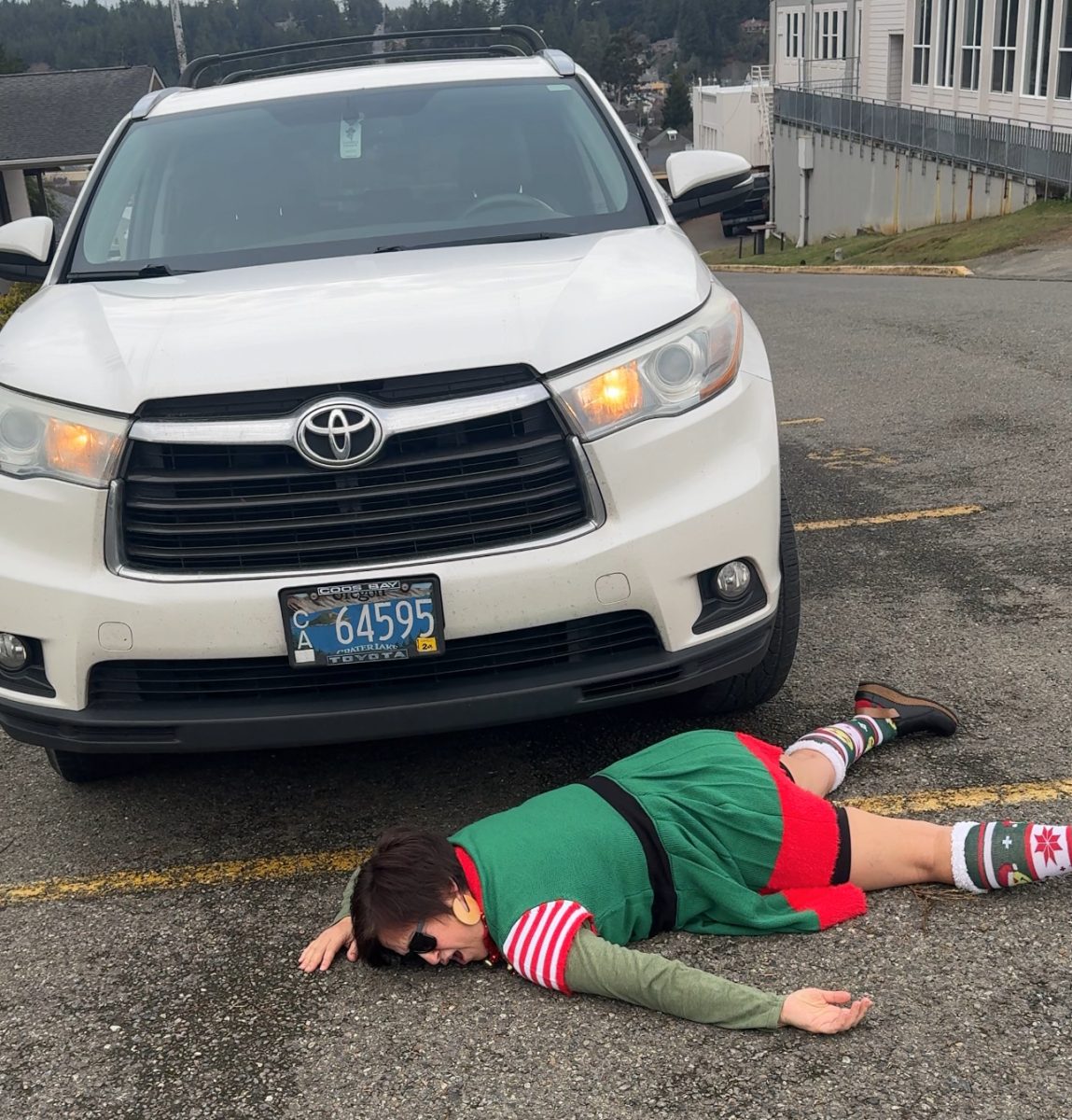By Connor Bryant | Managing Editor of Copy
Popularized by police procedurals and shrouded in mystery and drama, the medical examiner is one of the most crucial members to Coos County’s Major Crime Team. Kris Karcher has held this oft-misunderstood position since 1998.
Karcher is currently a death investigator, forensic nurse, and a SANE (Sexual Assault Nurse Examiner) nurse, teaching with the Attorney General Sexual Assault Task Force as one of the state instructors for sexual assault nurse examiners. She said many of the misconceptions about her job come from a misguided view of death itself.
“Some people have no experience with death. They’ve never lost anybody, and they find it eerie and dark,” Karcher said. “They associate it with like a mortuary setting or something like that. It’s not like that.”
Karcher first heard of forensic nursing in the late 1990s after finding a brochure on the profession from the Beth-El School of Nursing, now the University of Colorado. She came to work for Bay Area Hospital in the mid-1990s as an ER nurse, and it was here that she encountered an opportunity to pursue forensic nursing when a state police lieutenant began recruiting forensic nurses. Karcher attended school in Colorado Springs before taking a fulltime position at Bay Area Hospital.
“So that way I could work with different agencies and kinda get my foot in the door that way,” Karcher said. “And it ended, it was four semesters, and it ended with a 120 hour internship in any field that you wanted, and I wanted Death Investigation.”
Karcher’s very first call was to Miami’s medical examiner’s office asking if they were taking any forensic nurses. She worked there for six weeks before returning to Coos Bay where she got the job.
“So, I went down and spent six weeks in Miami and worked with their medical examiner’s office, and then came back here, to Coos County, never thinking that I would ever have a job here, and doors just kinda opened,” Karcher said.
She took on the position of Chief Deputy Medical Examiner in 1998; her job has multiple facets.
“You can divvy up my job about 50-50. About 50 percent is dealing with death investigation, and my role as a death investigator is to gather all the information and then take that information to a forensic pathologist, who is our doctor,” Karcher said. “And then the other half of my job, it’s usually victims of violence, live victims of violence. With that other portion I am a forensic nurse for the county, and I am part of the Major Crimes Team.”
The Major Crimes Team is called in the event of a homicide or major assault. Her role includes going to the hospital and taking photos of the injuries or gathering any evidence.
Karcher is also the coordinator for the Coos County Traffic Reconstruction team.
“I look at all the people’s injuries inside vehicles and try to determine who was driving, where people were sitting,” Karcher said. “And it’s usually prosecutable crashes or public transportation crashes. And again if it was a fatal crash, I’m gonna be there anyway. So I kinda switch hats sometimes, midstream.”
One of Karcher’s regular jobs is to photograph injuries and act as the “keeper of the alternative light source” for photographing crime scenes and injuries.
“One of the things that I can help with an investigation, even like a Major Crimes Team investigation is when I go to the hospital and I assess their injuries, I get photographs of their injuries,” Karcher said. “I can take that information and then go to the scene. So oftentimes it’s helpful when I say, ‘No, the knife wound came from the left or the right.’ They can look at the scene and say, ‘Oh, well we’re not getting the full story here.’”
While her job may seem grim, Karcher enjoys the novelty that comes with each case.
“I think it probably is very similar to why I love to ER nurse. Nothing’s the same,” Karcher said. “Even though everything is generally all the same, no case is exactly the same as the one before it.”
While the most difficult part of her job is definitely dealing with victim’s families, Karcher also recognizes the moments when she has had a positive impact on a case’s outcome. Her particular area of interest, vehicular related accidents, is especially an area where Karcher feels she is beneficial in.
“When I say it, it just sounds terrible, but I really am fascinated with pedestrians hit by cars,” Karcher said. “There is a wealth of evidence and information on the body and that is probably my most challenging, my most interesting, and I think, my most helpful with what I can bring.”
In general, Karcher believes that nurses are an excellent fit for the forensic profession due to their education and background.
“We have an understanding and a knowledge of pathophysiology, or pharmacology, sociology, anthropology,” Karcher said. “And so we can join that with the criminal aspect or the law enforcement aspect and bring that together. So I think we’re a great fit for law enforcement, nurses are.”

